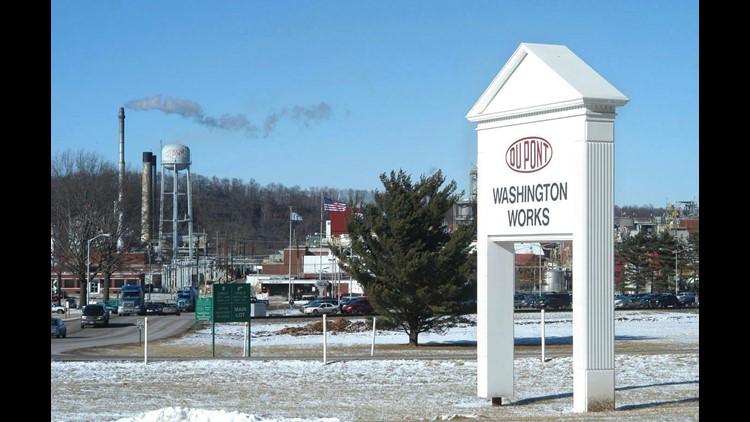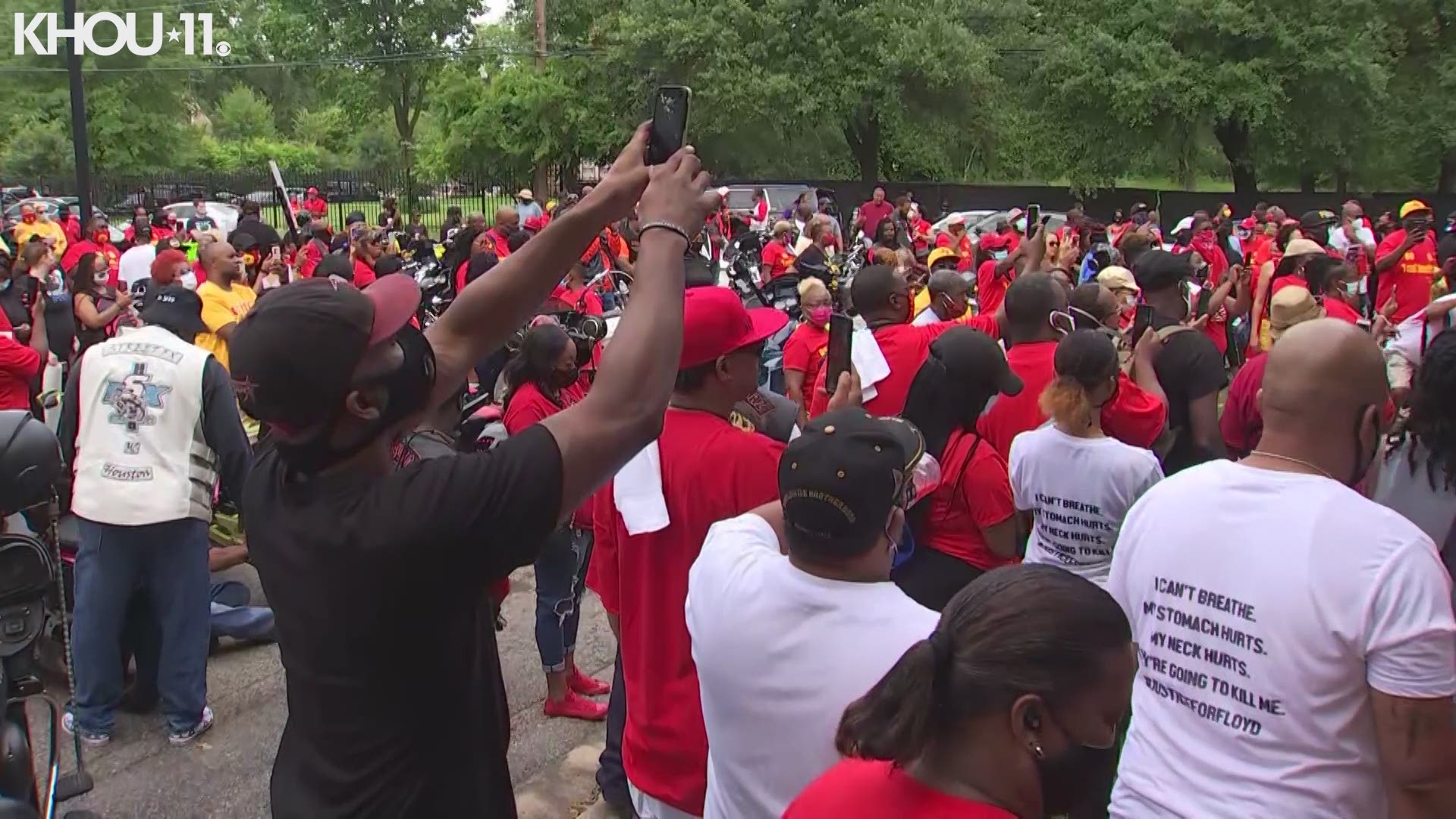![636034246424281167-WILBrd-05-15-2016-Daily-1-E001--2016-05-13-IMG-WILBrd-02-18-2016-Da-1-1-CHEBTVSR-L810964520-IMG-WILBrd-02-18-2016-Da-1-1-CHEBTVSR.jpg [image : 86779926]](http://www.gannett-cdn.com/-mm-/c7ca179056a54405307a501f36ca44b6fcf0f7d7/c=166-0-1233-912/local/-/media/2016/07/06/Wilmington/Wilmington/636034246424281167-WILBrd-05-15-2016-Daily-1-E001--2016-05-13-IMG-WILBrd-02-18-2016-Da-1-1-CHEBTVSR-L810964520-IMG-WILBrd-02-18-2016-Da-1-1-CHEBTVSR.jpg)
WILMINGTON, Del. — A federal jury ordered DuPont to pay $500,000 in punitive damages to an Ohio man who said he developed cancer from exposure to a toxic chemical produced at the company's West Virginia plant.
That brings the total amount of damages DuPont must pay David Freeman, 56, of Washington County, Ohio, to $5.6 million. Earlier this week, the same jury found that DuPont acted with malice and awarded him $5.1 million in compensatory damages.
The Columbus, Ohio, jury had only deliberated on punitive damages for about a day before presenting their verdict to Judge Edmund Sargus of the U.S. District Court for the Southern District of Ohio.
Freeman had filed a lawsuit against the Wilmington-based chemical company alleging that his testicular cancer was caused by DuPont releasing C-8, a toxic chemical used in the production of Teflon, into the drinking water for the Mid-Ohio Valley Region near Parkersburg, W.Va. The News Journal recently documented DuPont's role in C-8, also known as perfluorooctanoic acid, being released into the air, water in ground near Parkersburg.
![Jurors: DuPont acted with malice; $5M due to man with cancer [oembed : 86885346] [oembed : 86885346] [oembed : 86885346] [oembed : 86885346]](/Portals/_default/Skins/PrestoLegacy/CommonCss/images/smartembed.png)
Freeman's home is just across the Ohio River, which separates Ohio and West Virginia, from DuPont's Washington Works plant in Parkersburg.
DuPont challenged Freeman's claims during the trial. Attorneys for the company alleged that his exposure did not rise to a level that would cause cancer.
Dan Turner, a spokesman for DuPont, said the company will appeal the Freeman verdict. A second case against the company filed by Carla Bartlett, a West Virginia resident who claimed C-8 released from the Washington Works facility caused her kidney cancer, is also on appeal. In October, a jury awarded Bartlett $1.6 million in compensatory damages, but did not award any punitive damages. Freeman and Bartlett are among the 3,500 cases filed against DuPont over C-8 contamination.
"The verdict will be appealed based on our belief that it, like the verdict in the previous Bartlett trial, which is now on appeal, was the result of trial rulings that misrepresented the findings of an independent science panel and mislead jurors about the risks of C-8 exposure," Turner said.
The science panel that Turner referred to studied Mid-Ohio Valley residents between 2005 and 2013 to assess the links between C-8 and known diseases. It was created as part of a 2005 settlement of a lawsuit Mid-Ohio Valley residents filed against DuPont. The company was also required to pay $70 million damages as a result of settling the case.
![At $90M, DuPont spinoff shows staggering losses [oembed : 86885352] [oembed : 86885352] [oembed : 86885352] [oembed : 86885352]](/Portals/_default/Skins/PrestoLegacy/CommonCss/images/smartembed.png)
Findings released by the science panel concluded there was a probable link between C-8 exposure and six diseases, including kidney and testicular cancers.
Bartlett and Freeman were two of six so-called bellwether cases to see how the others might play out. Three of the bellwether cases have been settled for amounts DuPont called "immaterial" to its performance, according to Securities and Exchange Commission filing. A fourth case, was withdrawn from the bellwether trial pool by plaintiffs, the company said.
Rob Bilott, an attorney with the Cincinnati law firm of Taft Stettinius & Hollister, was among those representing Freeman. He said Freeman has done a "great service" for the 70,000 residents of the Mid-Ohio Valley region.
"Mr. Freeman has helped make very clear that DuPont's use of his community for decades as a dumping ground for DuPont's toxic and carcinogenic C-8 waste was inexcusable," Bilott said.
Follow Jeff Mordock on Twitter: @JeffMordockTNJ
![D1lge852tjjqow [oembed : 86866432] [oembed : 86866432] [oembed : 86866432] [oembed : 86866432]](/Portals/_default/Skins/PrestoLegacy/CommonCss/images/smartembed.png)



